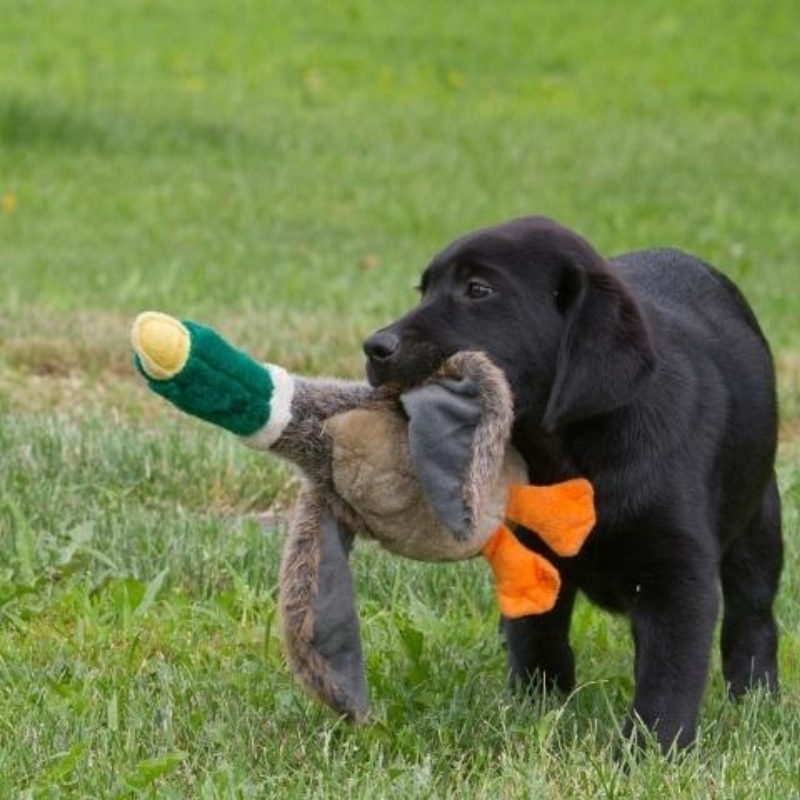The Thrill of the Chase: Why Play Reigns Supreme as a Reward for Working Labradors

For working bred Labradors, with their innate drive, intelligence, and deep-seated instinct to retrieve, the exhilarating thrill of a game often proves a more potent and beneficial reward than a simple food treat. While food has its place in training, tapping into a Labrador's inherent desire to play can forge a stronger bond, enhance focus, and build a more enthusiastic and reliable working partner.
At the heart of a working Labrador's breeding is a powerful desire to work in tandem with a human handler. Generations of selective breeding for hunting and retrieving have honed their instinct to chase, grab, and return objects. A game of fetch or a spirited tug-of-war session directly taps into this genetic blueprint, making the reward intrinsically satisfying. It's not just a tasty morsel; it's the fulfillment of a deeply ingrained behavioral need. This intrinsic motivation can often surpass the allure of even the most high-value treat, especially for a dog that is not particularly food-driven or is working in a highly distracting environment.
Furthermore, play is a dynamic and interactive process that strengthens the partnership between dog and handler. A food reward is a transactional exchange – the dog performs a behavior and receives a treat. Play, on the other hand, is a shared experience. It requires active participation from both parties, fostering communication and mutual understanding. This collaborative engagement builds a more profound bond based on shared enjoyment and teamwork, which is crucial for the complex tasks working Labradors are often required to perform.
The very nature of play can also be leveraged to improve a working Labrador's skills. A structured game of retrieve, for example, reinforces the core task the dog was bred for. By making the reward an extension of the desired behavior, the training becomes more cohesive and the dog's focus is sharpened. This is in contrast to food rewards, which can sometimes interrupt the flow of a training session, especially if the dog becomes more fixated on the treat than the task at hand.
For these intelligent and high-energy dogs, play also serves as a vital outlet for their mental and physical stamina. A short, intense play session as a reward not only reinforces the preceding command but also allows the dog to release pent-up energy in a controlled and positive manner. This can prevent boredom and frustration, which can be significant hurdles when training a bright and driven breed with food alone. A dog that has had a satisfying outlet for its natural instincts is often a more focused and receptive learner.
However, this is not to say that food rewards have no place in the training of a working Labrador. Food is a primary reinforcer, and for many dogs, it is a highly effective motivator, particularly when introducing new concepts or for behaviors that require a high rate of reinforcement in a short period. The key lies in understanding the individual dog and the specific training context.
In conclusion, while a well-timed treat can certainly be effective, the unique genetic makeup and temperament of a working bred Labrador make play a superior and more holistic reward. By engaging their natural instincts, fostering a collaborative partnership, and providing a necessary outlet for their energy and intelligence, play-based rewards can unlock the full potential of these exceptional working companions, transforming training from a transactional process into a joyful and mutually rewarding endeavor.
